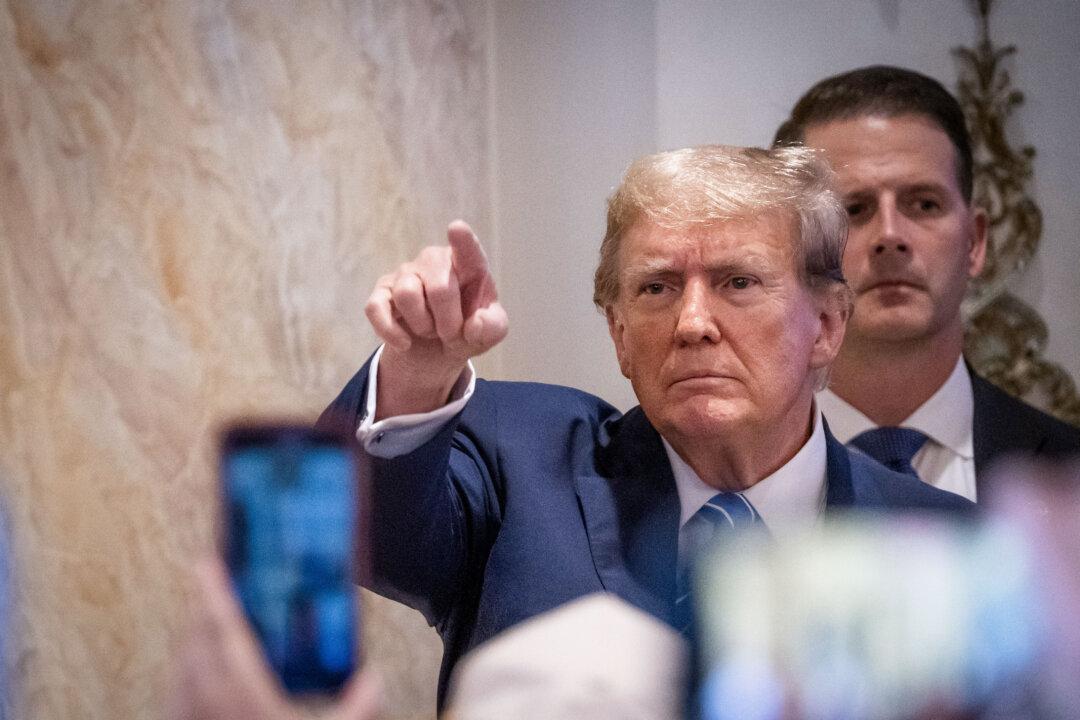Former President Donald Trump posted on social media on March 22 that “through hard work, talent, and luck, I currently have almost five hundred million dollars in cash.”
This comes as the former president needs to put up upwards of $454 million to stay judgment in his civil fraud case while he appeals—to effectively hold off the New York Attorney General from potentially seizing his buildings during the appeal.





